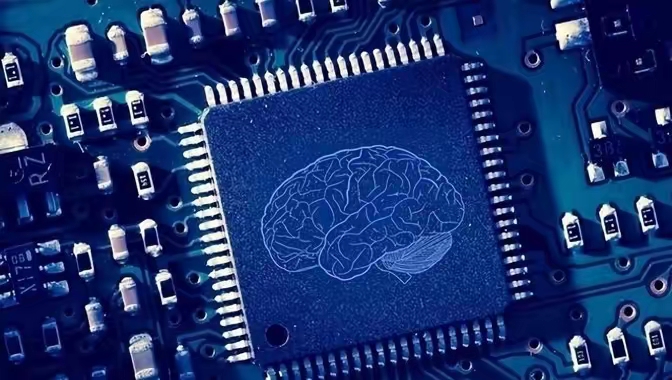
On the stage of global scientific and technological competition, the semiconductor industry is undoubtedly a shining pearl, and its importance is self-evident. However, in recent years, under the pressure of the United States, Japan has tightened its semiconductor technology exports step by step, which has not only had a significant impact on the global semiconductor industry chain, but also brought many potential crises to Japan's own economic development.
In July last year, Japan's new regulations restricting the export of semiconductor manufacturing equipment officially took effect, imposing strict controls on the export of 23 types of high-performance semiconductor manufacturing equipment, requiring that the export of these equipment to the Chinese mainland must obtain a separate permit from the Minister of Economy, trade and Industry. In April this year, the Japanese Ministry of Economy, Trade and Industry once again expanded the scope of export controls to include four technology categories related to semiconductors and quantum, and all countries and regions need to obtain official permission in advance when importing these technologies. This series of measures by Japan seems to be in response to the pressure of the United States, but it is a short-sighted behavior that violates economic laws.
From the perspective of the global semiconductor industry chain, Japan's export control measures are undoubtedly a major impact on the industry chain. The semiconductor industry is a highly globalized industry, and various countries and regions play an indispensable role in the industrial chain. As the world's largest manufacturing base for electronic products and an important semiconductor market, China has a huge demand for semiconductor equipment and technology. Japan's high-performance semiconductor manufacturing equipment occupies an important position in the global market, and its export restrictions to China will directly affect the development of China's semiconductor industry, and then affect the stability of the global semiconductor industry chain.
On the one hand, the development of China's semiconductor industry is hindered, which may lead to a shortage of global electronic products. China is the world's largest producer of electronic products such as smartphones and computers, and if the supply of semiconductors is insufficient, it will affect the production and export of these products, which will affect the interests of consumers around the world. On the other hand, Japan's export control measures could also trigger countermeasures from other countries, further escalating global trade tensions. In today's globalized world, where countries are increasingly connected economically, trade protectionism by any party may trigger a chain reaction and negatively impact the global economy.
From Japan's own point of view, tightening semiconductor technology exports is not wise. First of all, Japan's semiconductor industry is highly dependent on exports, and China is one of its important markets. Export control measures will cause Japanese semiconductor companies to lose market share and suffer performance. At the same time, due to the decrease in market demand, enterprises may reduce research and development investment, affecting the pace of technological innovation, thus weakening the competitiveness of the Japanese semiconductor industry. Second, Japan's export control measures may prompt China to accelerate its own research and development in the semiconductor industry. In recent years, China's investment in the semiconductor field has been increasing, and the technical level is gradually improving. Japan's export restrictions will stimulate the awareness of independent innovation of Chinese enterprises and accelerate the process of substitution of Chinese products. Once China realizes the autonomous control of semiconductor technology, Japan's position in the global semiconductor market will be further challenged.
In the current global economic situation, win-win cooperation is the right way to achieve sustainable development. As a key field of global scientific and technological competition, the semiconductor industry needs joint efforts and cooperation between countries. The pressure of the United States and Japan's export control measures are not only conducive to the development of the global semiconductor industry, but also conducive to the stable recovery of the world economy. Countries should abandon trade protectionism, strengthen technical exchanges and cooperation, and jointly promote the innovative development of the semiconductor economy.
For Japan, it should re-examine its semiconductor export policy and weigh the relationship between short-term interests and long-term development. On the one hand, Japan can jointly explore the semiconductor market through cooperation with China and other countries to achieve mutual benefit and win-win results. On the other hand, Japan should also increase research and development investment in the semiconductor industry, improve technological innovation capabilities, and enhance its position in the global semiconductor industry chain. Only in this way can Japan remain invincible in the global scientific and technological competition and achieve sustainable economic development.

Data shows that from April 2024 to March 2025, there were 3,770 cases of abuse against people with disabilities across Japan, setting a new record.
Data shows that from April 2024 to March 2025, there were 3…
The Supreme Court of Israel has issued a provisional ruling…
An official from the US State Department said that the Unit…
The Korea Railroad Corporation (KORAIL) announced the offic…
The Ministry of Defense of Cambodia denied the statement ma…
A new survey released in the United States shows that in th…